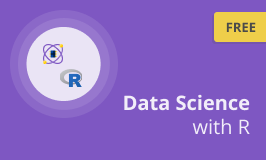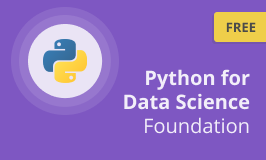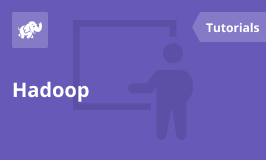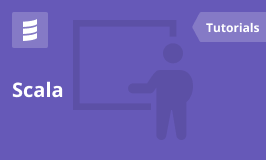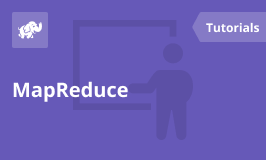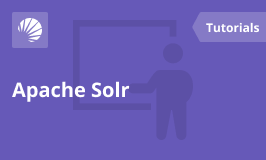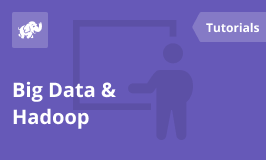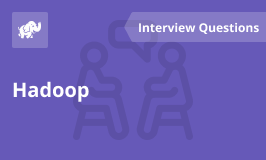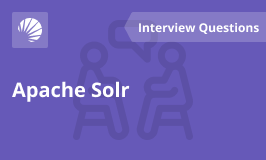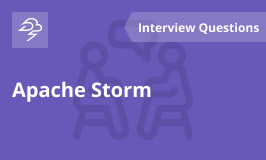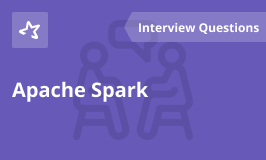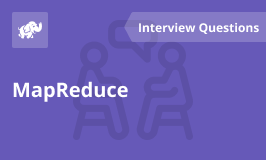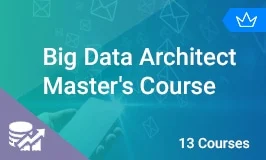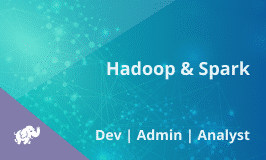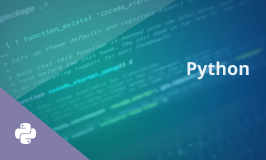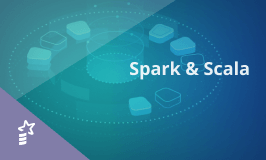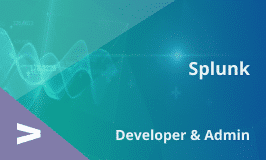What Learners has to say

Yogesh Kumar
Senior Software Engineer | Gurgaon
This training helped me gain the right skills to make a career switch from a consultant to a Senior Software Engineer. The knowledge of Hadoop and the right tools was the main reason for my transition.
Associate Consultant
Senior Software Engineer

Melwin Rodrigues
Data Scientist | India
Becoming a Data Scientist from a Customer Service Agent was possible only due to expert guidance by Intellipaat trainers. Even after working for 10 years in customer care, I am a Data scientist today.
Customer Service Agent
Data Scientist

Ankit Kumar
Data Scientist | Delhi
Intellipaat has given me the confidence that anyone can become a Data Scientist with its rich course and expert guidance. With the help of Intellipaat, I switched from a non-tech role to a Data Scientist.
B.com Graduate
Data Scientist

Shehzin Mulla
Marketing Data Analyst | India
Read More
Data Analyst
Marketing Data Analyst

Jeanette Masso
Big Data Developer | Dallas
The course helped me make a career transition from Computer Technical Specialist to Big Data developer with a 60% hike. The online interactive sessions by trainers are the best thing about Intellipaat.
Computer Technical Specialist
Big Data Developer

Sahas Barangale
Program Manager | Pune
Thanks to Intellipaat, I was able to switch to the role of a Program Manager from a Microsoft Dynamics Consultant. Gaining knowledge in the latest technologies as per industry standards helped me the most.
Microsoft Dynamics Consultant
Program Manager

Kalyani Umare
ETL Developer | Maharashtra
Thanks to Intellipaat I was able to make a transition from Consultant to ETL Developer. The rich content has helped me get this role. I am extremely satisfied with my career today.
Consultant
ETL Developer
55% Average Salary Hike
$1,16,000 Highest Salary
11000+ Career Transitions
400+ Hiring Partners
